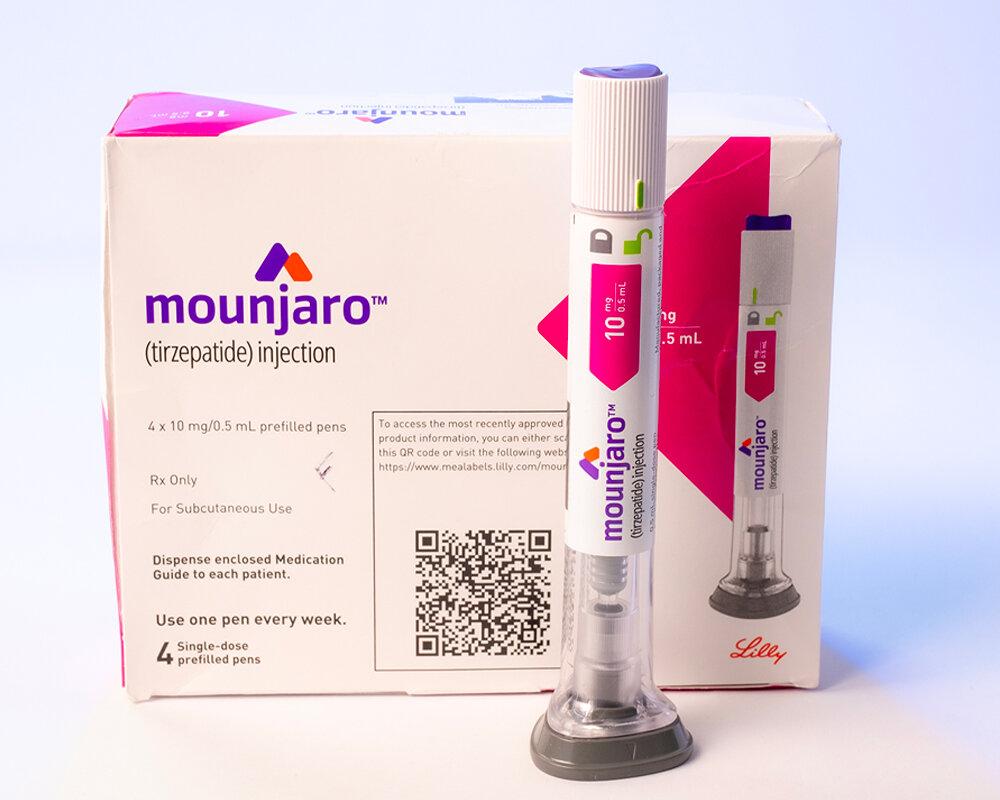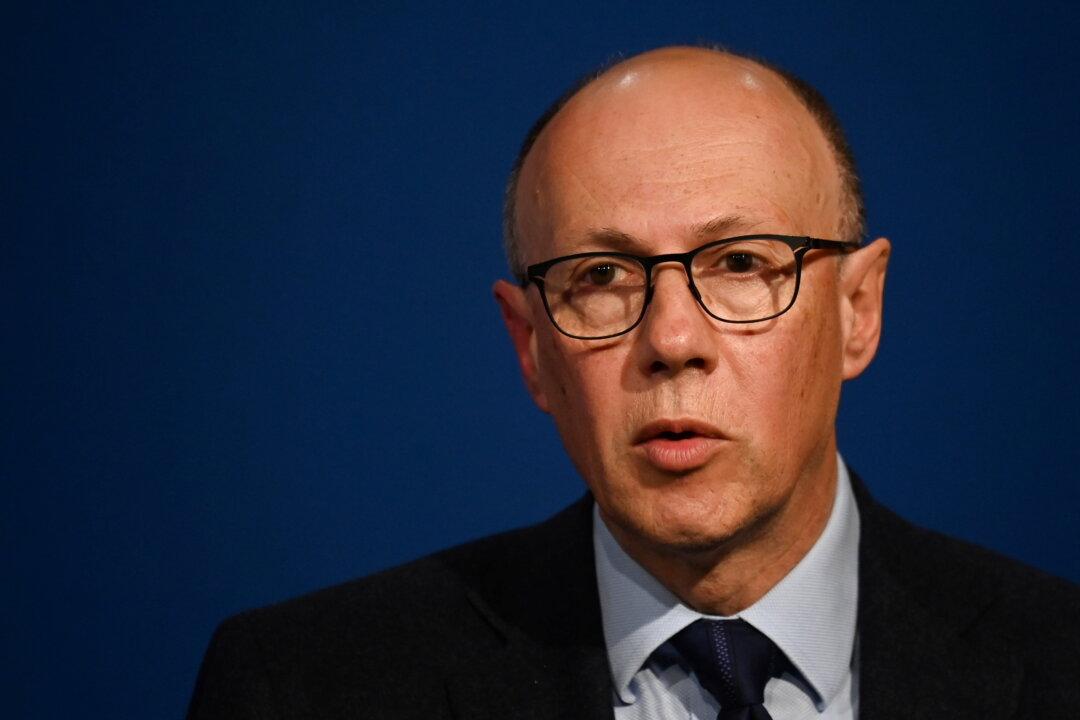Weight loss jabs like Mounjaro and Ozempic are not a “holy grail” and will not solve the obesity crisis on their own, NHS England’s top doctor has said.
Professor Sir Stephen Powis warned against the “over medicalisation” of children when asked about the prospect of overweight youngsters being given the jabs, adding that the UK “cannot treat its way out of the obesity crisis.”
NHS England’s national medical director told The King’s Fund, “I personally wouldn’t want to medicalise children or young people, but that’s not to say that [weight-loss jabs] might not have a role in some instances.”
In a speech to the heath charity about the prevention of illness on Wednesday, Powis said that managing obesity “is not just about pills” and must involve a healthy diet and taking enough exercise.
Following the announcement earlier this week that the government is partnering with pharmaceutical giant Eli Lilly in a trial to offer obese unemployed people the Mounjaro weight-loss drug in a bid to get them “back to work,” Powis said: “I have no doubt that those drugs will be a revolutionary part of the approach that we need to tackle obesity.
“In the months and years that come, they are going to be a very welcome addition to the everyday treatment options that we have available within the NHS to manage obesity.”
Powis told reporters, “These new treatments will be transformative on the NHS, but we must also recognise as a country that we cannot simply treat our way out of the obesity crisis—we know far wider action is needed on prevention across society, to help stem it at source and stop so many lives being cut short.”
He continued: “There is very rarely anything in medicine that is completely a holy grail, and as in other areas of medicine it’s a combination of approaches that is required, and it’s a combination of approaches that are required to manage obesity.
“What we now have is some pharmaceutical options that we didn’t have previously. Clearly, that’s a good thing, but on their own they are not the holy grail.”
‘Not Just About Pills’
“That really illustrates that managing weight and obesity is not just about pills—it’s around healthy lifestyles: it’s about eating properly, it’s about physical activity, it’s about a whole range of things, and it should be about all of those things and not just one of those.”Questioned on the possibility of prescribing weight-loss jabs to youngsters, he said: “I think all health care professionals would not want to reach to medication first for children if [they] can help it.
“So, I think in children, as in adults, there will need to be a combination of approaches.
“I think a lot of health care professionals would be cautious about over medicalising children and young people, so there’s no doubt that other approaches need to be taken too.”
Asked about the potential impact of the jabs on worklessness, Powis said: “Obesity is an important factor in economic inactivity and people’s difficulty getting to work.
“You know, it’s quite right that in our approach to weight management that we are aiming to help individuals and benefit individuals. And getting people into work is one of the ways of doing that.”

‘Economic Benefits’
He added that while the cost of the so-called “skinny jabs” to the NHS is a consideration, “there is a benefit to both the health service and an economic benefit as well, so all these things have to be weighed up.”NHS officials have suggested the rollout of Mounjaro, made by Lilly and known generically as tirzepatide, will need to be staggered owing to anticipated high levels of demand.
Nearly a quarter of a million people in England are expected to receive Mounjaro on the NHS over the next three years.
Mounjaro and its rival Wegovy, known generically as semaglutide, are the only two weight-loss injections currently available on the NHS to obese people who meet specific criteria in terms of how overweight they are. Ozempic, another semaglutide which like Wegovy is made by Novo Nordisk, has not been approved for use by the health service.
The weight-loss jabs are also available on private prescription, but have been in short supply recently after celebrities and influencers shared their own weight-loss success stories using the drugs on social media.
‘King Kong’
Labelled the “King Kong” of the so-called “skinny jabs,” a medical trial found that Mounjaro was more effective than its rivals in terms of the percentage of body weight percentage lost. It is also reported to have fewer side-effects than the semaglutides, particularly when given at the lower dosage of 2.5 mg per week.Known side-effects include constipation. nausea, headaches, blurred vision, and lethargy.
David Buck, senior fellow at The King’s Fund, said: “Prevention is better than cure and that has never been truer than at a time when our health as a population is poor, including high rates of obesity, and many of our problems are preventable.
“Obesity is so widespread—with around six in 10 adults overweight or obese—we simply cannot treat our way out of obesity at population level.
“Tackling obesity does need effective treatments for individuals, but it also needs far more efforts on prevention and bold, cross-government action to make it easier for people to live healthier lives.”







